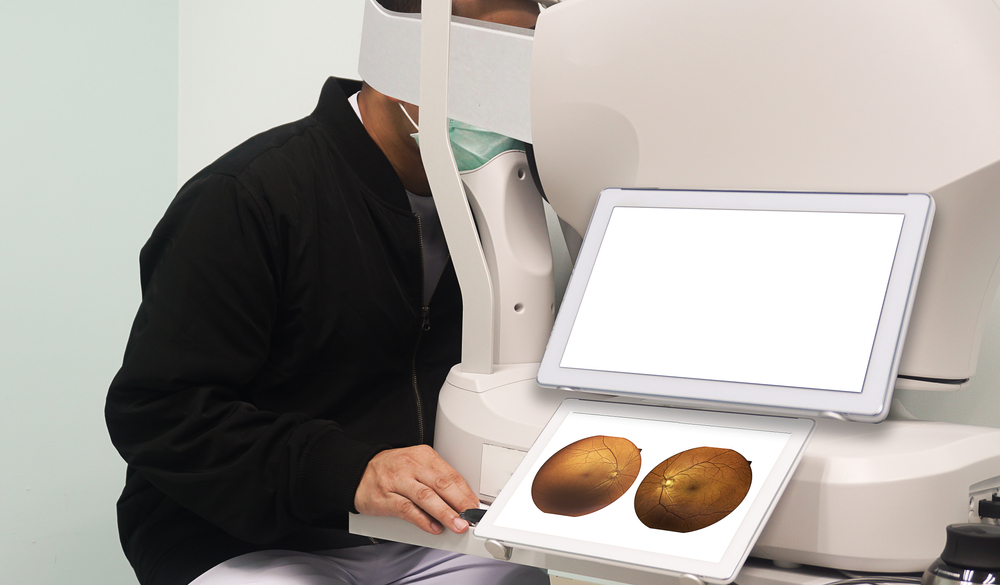
Diabetes is a common chronic health condition in the United States. Around 100 million adults are currently living with diabetes or pre-diabetes. This metabolic disorder causes the body to lose its ability to regulate blood sugar levels and requires intervention to keep them stable. Diabetes has serious consequences for our health, and it can also affect our vision. Diabetic retinopathy is a complication that can develop in diabetic patients, and it can cause permanent vision loss if not treated promptly. That's why patients with diabetes are advised to attend regular diabetic-related eye exams.
What is diabetic retinopathy?
For us to see correctly, our eyes must be healthy and functioning optimally. The retina is the most critical component of our eyes. Located at the back of the eye, the retina is a cluster of light-sensitive cells that transform the light that passes through the eye into signals transmitted up the optic nerve to the brain. The brain then processes these signals and interprets what we see and how we see it.
The retina requires a constant supply of blood delivered through a network of tiny blood vessels. Over time, consistently high blood pressure can damage these blood vessels, causing blood and other fluids to leak onto the retina. This can lead to scarring, which may impair your vision quality.
Am I at risk of diabetic retinopathy?
Technically, anyone who suffers from diabetes, whether it be Type 1 or Type 2, could be at risk of developing diabetic retinopathy. However, the condition is more likely in certain situations. These include if:
your blood sugar levels are uncontrolled or poorly controlled
you have a long history of diabetes
you have high blood pressure (hypertension)
you suffer from high cholesterol
you are pregnant
Regular diabetic-related eye exams will enable your eye doctor to monitor your condition and ensure that any signs of diabetic retinopathy are detected and acted upon immediately.
What to expect from diabetic-related eye exams?
The process of a diabetic eye exam is simple. It is usually performed as part of a comprehensive eye exam, and you may not even realize that you have undergone a specific test to check for diabetes-related complications.
Diabetic eye screening is a painless and non-invasive procedure. During the screening, you sit in front of a machine with a camera attached. The camera captures images of the backs of your eyes so that your eye doctor can assess the structures, including the retina, for any abnormalities. You may see a flash when each image is taken, but you should not experience any discomfort throughout the procedure.
In addition to the images of the back of your eye being taken, you will also be given a visual acuity test. This is where you will be asked to read letters off a chart a short distance away, as well as reading from a card held in front of you.
Your eye doctor will use the information from your examination to determine if you are experiencing any signs of diabetic retinopathy. If so, they will discuss the best way to control your condition. This may involve controlling your diabetes more effectively, taking medications, or more invasive treatment to preserve your vision. Your eye doctor will provide more specific information based on your individual circumstances.
Please contact our knowledgeable eye care team if you have any further questions about diabetic-related eye exams.





